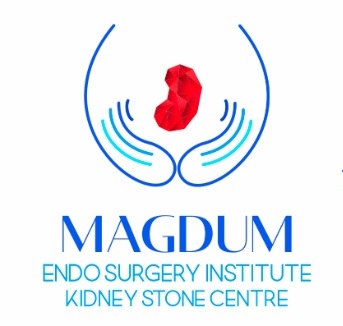Introduction
Alcoholic liver disease is a serious health problem caused by drinking too much alcohol over time. This condition can lead to alcohol-related liver damage, which affects how your liver works. The liver is important because it helps clean your blood and supports digestion. However, when you drink too much alcohol, your liver can get hurt. According to the World Health Organization (WHO), liver disease from alcohol is a leading cause of illness and death worldwide. Early detection and treatment for alcoholic liver disease can help prevent severe problems.
Symptoms
Often, alcoholic liver disease does not cause symptoms at first. But as the damage grows, you may notice changes. For example, you might feel tired or weak. In addition, you could lose your appetite or lose weight without trying. Some people notice pain or swelling in the upper right side of the belly. Other signs of liver disease from alcohol include:Yellow skin or eyes (jaundice)Swelling in the legs or anklesEasy bruising or bleedingItchy skinDark urineConfusion or trouble thinking clearly
If you notice these symptoms, it is important to seek medical help. Early treatment can make a big difference.
Causes and Risk Factors
Drinking too much alcohol is the main cause of alcoholic liver disease. Over time, alcohol damages liver cells. As a result, the liver cannot work as well. However, not everyone who drinks heavily will get this disease. Some risk factors make it more likely, such as:Drinking large amounts of alcohol for many yearsHaving a family history of liver diseaseBeing overweight or obeseHaving other liver problems, like hepatitisPoor nutritionBeing female (women are more sensitive to alcohol’s effects)
Even small amounts of alcohol can harm the liver if you have other risk factors. Therefore, it is important to know your risks and limit alcohol use.
Diagnosis
Doctors use several steps to diagnose alcoholic liver disease. First, they ask about your drinking habits and health history. Next, they do a physical exam to check for signs of liver damage. In addition, doctors may order tests, such as:Blood tests to check liver functionImaging tests like ultrasound or CT scanLiver biopsy (removing a small piece of liver for testing)
These tests help doctors find out how much damage has happened. Early diagnosis can help you get the right treatment for alcoholic liver disease.
Treatment Options
The main treatment for alcoholic liver disease is to stop drinking alcohol. This step can prevent further damage and may even help the liver heal. However, some people need more help. Doctors may suggest:Medications to reduce swelling or help the liver work betterVitamins and nutrition supportCounseling or support groups for alcohol useHospital care for severe casesLiver transplant if the damage is very bad and other treatments do not work
With the right care, many people can manage their symptoms and improve their health.
Lifestyle Guidance and Prevention
Making healthy choices can lower your risk of alcoholic liver disease. For example, you can:Limit or avoid alcoholEat a balanced diet with plenty of fruits and vegetablesMaintain a healthy weightExercise regularlyGet vaccinated for hepatitis if recommendedSee your doctor for regular check-ups
Even small changes can help protect your liver. If you need help to stop drinking, talk to your doctor or a counselor. Support is available.
When to See a Doctor
If you notice any signs of liver disease from alcohol, do not wait. For example, yellow skin, swelling, or confusion are warning signs. In addition, if you have trouble stopping alcohol use, seek help. Early medical care can prevent serious problems and improve your chances of recovery.
Conclusion
Alcoholic liver disease is a serious but preventable condition. By knowing the symptoms and risks, you can take steps to protect your liver. If you are worried about alcohol-related liver damage, do not delay. Consult a specialist for personalized guidance.

